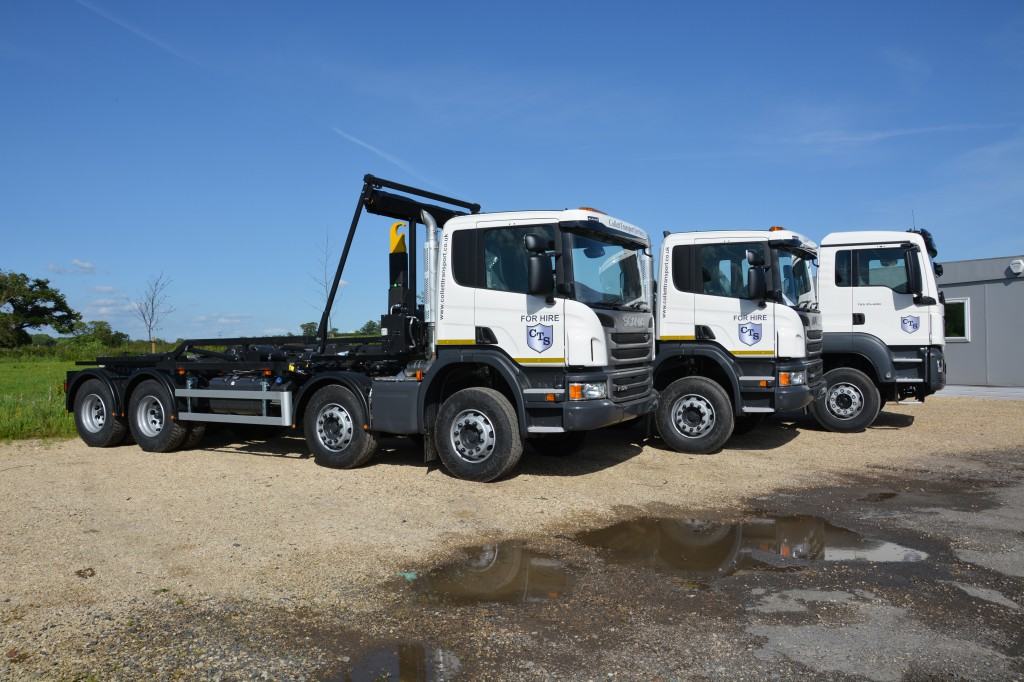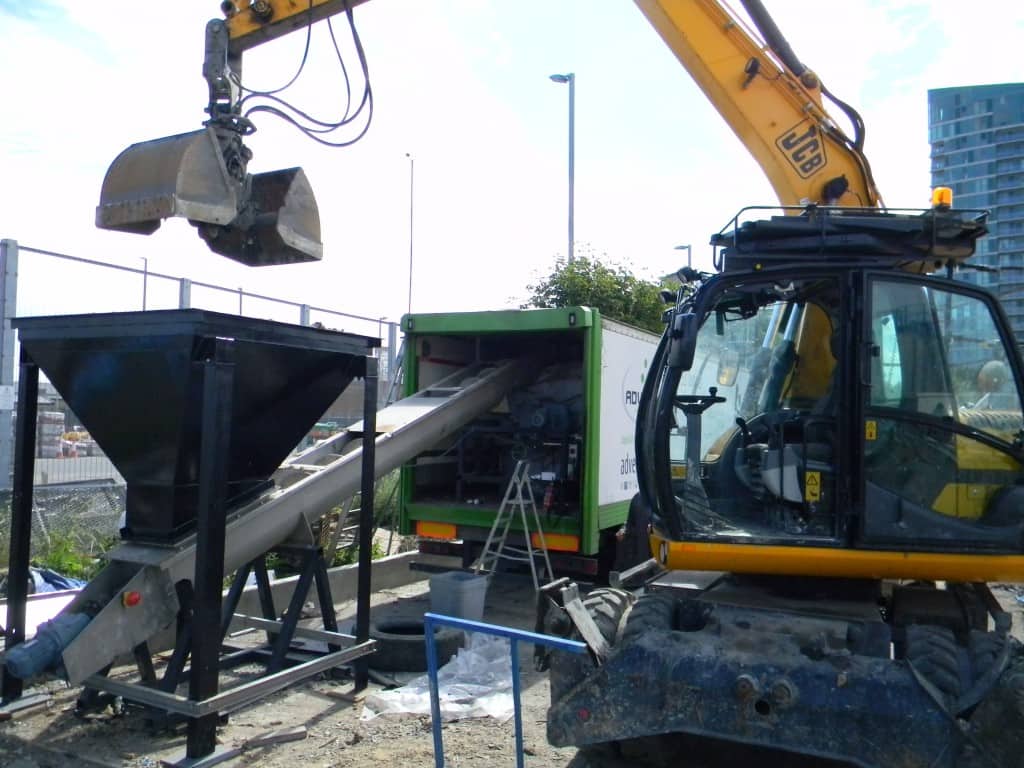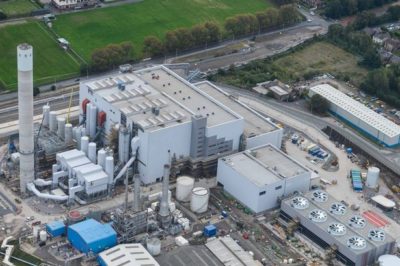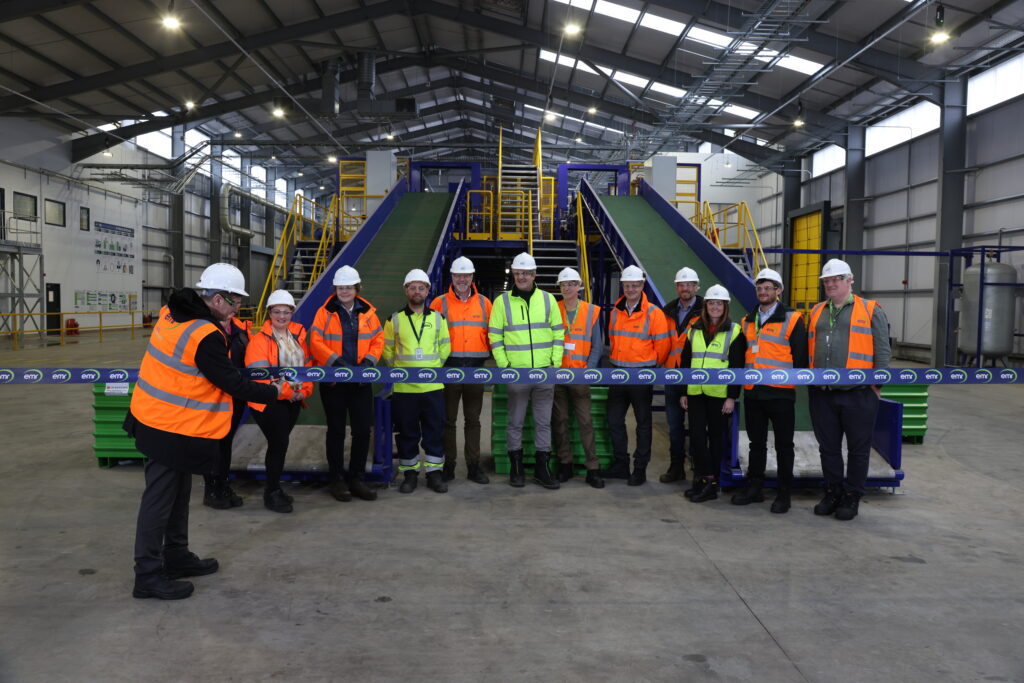Armstrong Environmental installs baling press

The Bolton-based firm, which also offers wood recycling, skip hire and metal recycling services, will be able to bale in excess of 30 tonnes of RDF and SRF per hour with the R.C.P SA supplied baler.
Producing a ram thrust of 120 tonnes, the baler has additional Hardox liners throughout the chamber, the rear and top of the platen, and the facility also has a mobile binding unit to use both steel and plastic baling wire.
Once baling is completed the fuel is wrapped in plastic film, using a wrapping machine to match baler specifications, also supplied by R.C.P SA. Armstrong exports the bales to countries across Europe.
Tetronics to supply BlueOak recovery technology
Tetronics International has secured its first contract with US-based BlueOak Resources to provide plasma refining technology for the recovery of precious metals from waste electrical and electronic equipment (WEEE).
The first recovery plant will be installed in BlueOaks precious metal refinery in Osceola, Arkansas, which is due to begin production at the end of 2015. The plant will process up to 15 million pounds (6,803 tons) of scrap a year.
Graeme Rumbol, chief executive officer for Tetronics International, said: “The main advantages of Tetronics patented plasma technology are that it couples the highest technical recovery rates and operational flexibility, with the lowest environmental impacts and cost base.
The process chemistry is designed to symbiotically and preferentially separate and recover the valuable material in electronics waste whilst destroying any hazardous components.
CTS expands fleet with new hookloaders
Collet Transport Services (CTS) has purchased two new Scania Chassis and installed sliding Hyva Hookloading equipment to both vehicles.

The vehicles are fitted with hookloaders suited to eight-wheeler chassis for normal operations with containers built with CHEM-TS8 TYPE 20 subframes with a lift capacity of 23 tonnes.
They also include width adjustable auto-sheeting and a Sentinel four-way camera system to warn drivers of cyclists and pedestrians.
Andy Collett, director of CTS, said: We install Hyva hook and skip equipment onto leading brand chassis such as DAF, MAN, Volvo, Scania and Renault. These vehicles are part of our continued investment in new fleet for our hire service.
CTS a municipal vehicle hire service and Hyvas agent in the South West of England offers contract maintenance and complete vehicle refurbishment.
Wiltshire boosts council waste fleet
Unitary authority Wiltshire council has replaced some of its existing recycling vehicles with remanufactured vehicles from Refuse Vehicle Solutions (RVS).
The council purchased three used Recycling Kerbsiders, all Mercedes Econic chassis with Terberg bodies, and are pending arrival of a fourth truck.
The authority has also had one of its own vehicles remanufactured by RVS before putting it back into service. The Witlshire fleet is operated by contractor Hills Waste Solutions.
Ian Mckinnon, fleet transport officer at Wiltshire council said: We needed to reduce our capital spend on vehicles and decided to look at the second hand market.
We were impressed with the quality of vehicles and workmanship delivered by RVS and since our initial order last year we have purchased additional vehicles.
Advetec bio-thermic digester installed
London-based Regional Waste Recycling (RWR) has chosen Advetec Technologies to install a new waste and waste water treatment system in Stratford.

Central to the system is Advetecs first industrial scale bio-thermic digester which will reduce organic waste from fat traps, septic tanks, filter cakes and municipal collections by 96%.
Once shredded, crushed and screened, the the organic waste is delivered to the digester via hoppers and augers, where heat beneath the equipment maintains a controlled temperature and removes moisture to promote oxygenation.
Finally residual metal, glass and plastics are removed, while the remaining organics are reduced to a fine, sterile powder.
Advetecs Managing Director Craig Shaw said: Our technology will meet Londons strict regulatory standards and deal with huge volumes of waste to make the goal of zero waste to landfill achievable.
RWR treats over 300,000 tonnes of waste water and 150 tonnes of municipal waste daily.











Subscribe for free